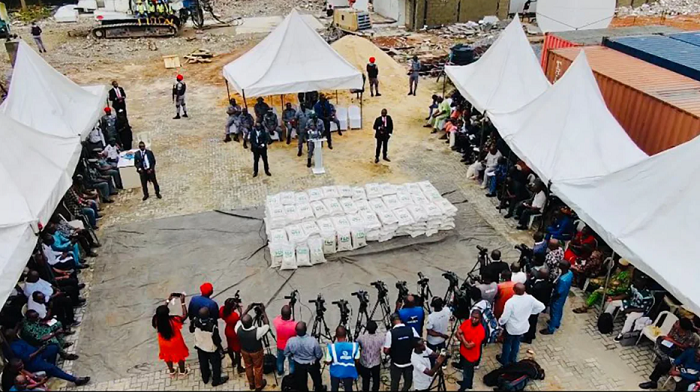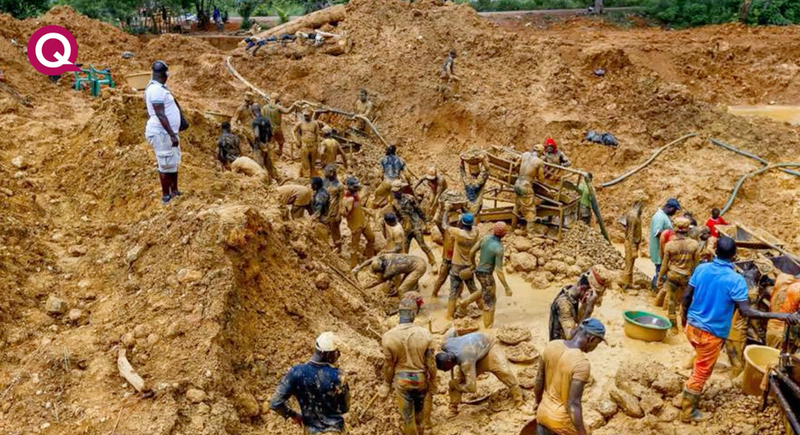Fatal stampede at customs rice sale sparks outrage in Nigeria
A rice sale in Lagos that has turned into a violent stampede has prompted widespread anger and protest.


Abigail Johnson Boakye


Abigail Johnson Boakye
Front of mind

This revelation showed that it is almost impossible to eradicate illegal mining and restore lands in the country.
